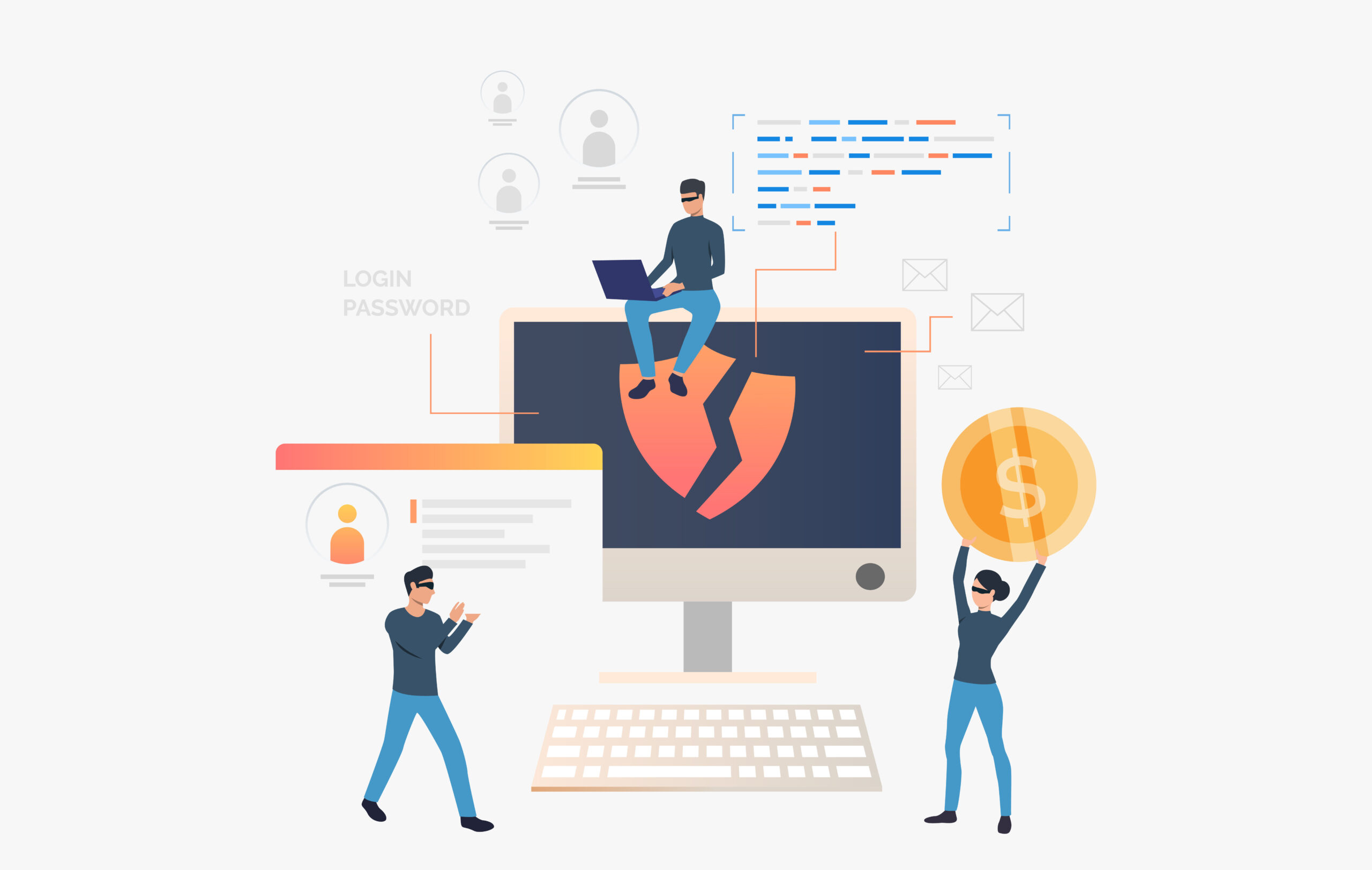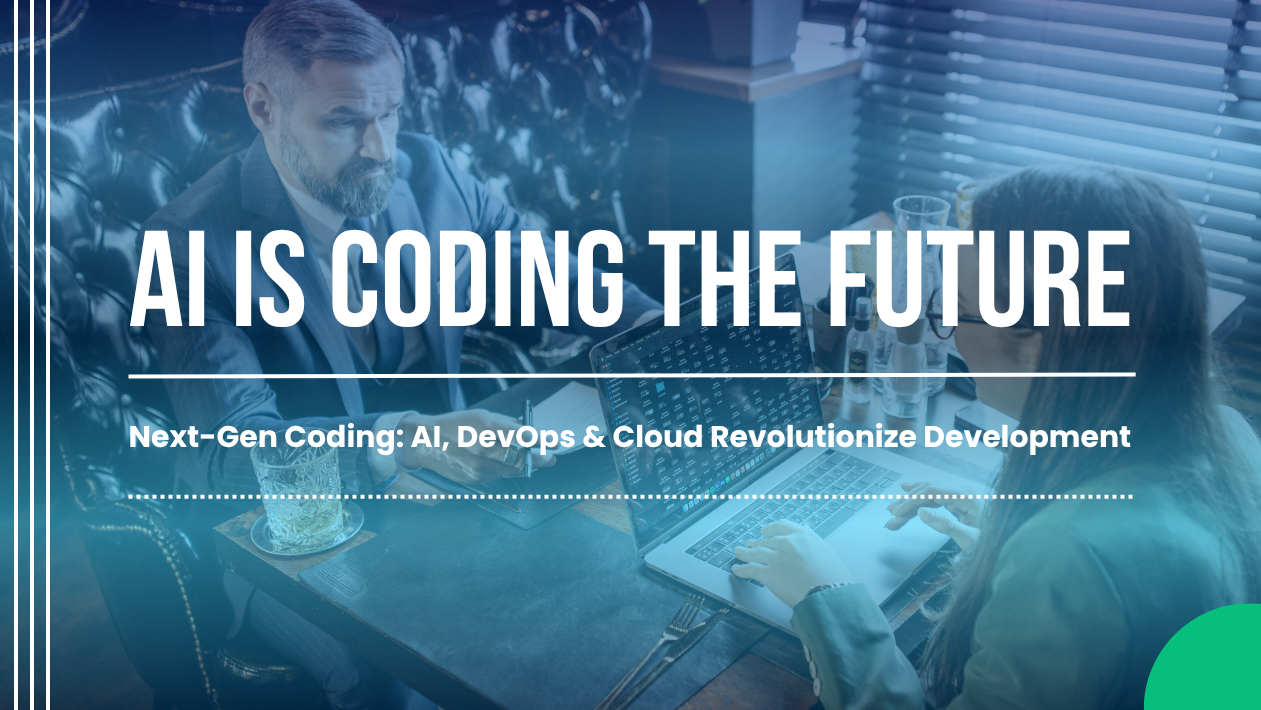Introduction
In the rapidly evolving digital landscape, artificial intelligence (AI) has emerged as a transformative force in cybersecurity. For B2B enterprises, integrating AI into security frameworks is not just an option—it’s a necessity to stay ahead of sophisticated cyber threats.
The Rise of AI in Cybersecurity
AI’s ability to analyze vast datasets and identify patterns makes it an invaluable tool for threat detection. Machine learning algorithms can adapt to new threats in real-time, providing a dynamic defense mechanism that traditional systems lack.
Real-Time Threat Detection
AI-driven systems excel at real-time threat detection. By continuously monitoring network traffic and user behavior, these systems can identify anomalies indicative of potential breaches, allowing for immediate response.
Predictive Analytics for Proactive Defense
Beyond detection, AI enables predictive analytics, forecasting potential vulnerabilities before they are exploited. This proactive approach allows B2B companies to fortify their defenses preemptively, reducing the risk of successful attacks.
Automating Incident Response
AI streamlines incident response by automating routine tasks, such as isolating affected systems and initiating recovery protocols. This automation reduces response times and minimizes the impact of security incidents.
Enhancing Phishing Detection
Phishing attacks remain a prevalent threat. AI enhances phishing detection by analyzing email content, sender behavior, and historical data to identify and block malicious messages before they reach end-users.
Behavioral Biometrics for Authentication
AI-powered behavioral biometrics analyze user interactions—such as typing patterns and mouse movements—to authenticate identities. This adds an additional layer of security, making unauthorized access more difficult.
Integrating AI with Existing Security Tools
For B2B enterprises, integrating AI with existing security infrastructure ensures a cohesive defense strategy. AI can augment traditional tools, enhancing their capabilities without necessitating a complete overhaul.
Challenges in AI Implementation
Despite its benefits, implementing AI in cybersecurity presents challenges, including data privacy concerns and the need for substantial computational resources. B2B companies must address these issues to leverage AI effectively.
The Role of Human Oversight
While AI automates many processes, human oversight remains crucial. Security professionals must interpret AI findings, make strategic decisions, and handle complex incidents that AI may not fully comprehend.
Case Study: AI in Action
Consider a B2B company that integrated AI into its security operations. Upon detecting unusual login patterns, the AI system alerted the security team, who promptly investigated and thwarted a potential breach, showcasing AI’s practical benefits.
Future of AI in Cybersecurity
Looking ahead, AI’s role in cybersecurity will expand, incorporating advancements like deep learning and natural language processing to further enhance threat detection and response capabilities.
Ethical Considerations
As AI becomes more prevalent, ethical considerations—such as bias in algorithms and decision-making transparency—must be addressed to maintain trust and compliance with regulations.
Regulatory Compliance
B2B enterprises must ensure that AI-driven security measures comply with industry regulations, such as GDPR and HIPAA, to avoid legal repercussions and maintain customer trust.
Training and Skill Development
Implementing AI requires skilled personnel. Investing in training and development ensures that teams can effectively manage and utilize AI tools within the cybersecurity framework.
Vendor Selection and Partnerships
Choosing the right AI solutions and vendors is critical. B2B companies should seek partners with proven track records and solutions that align with their specific security needs.
Cost-Benefit Analysis
While AI implementation involves costs, the benefits—such as reduced breach incidents and improved operational efficiency—often outweigh the investment, providing long-term value.
Scalability and Flexibility
AI solutions should be scalable and flexible to adapt to the evolving needs of B2B enterprises, ensuring sustained effectiveness as the organization grows.
Continuous Improvement
AI systems require continuous updates and improvements to stay effective against emerging threats. Regular assessments and updates are essential components of a robust AI-driven security strategy.
Conclusion AI is revolutionizing cybersecurity, offering B2B enterprises powerful tools to detect, prevent, and respond to threats more effectively. By embracing AI, companies can enhance their security posture and safeguard their digital assets in an increasingly complex threat landscape.





